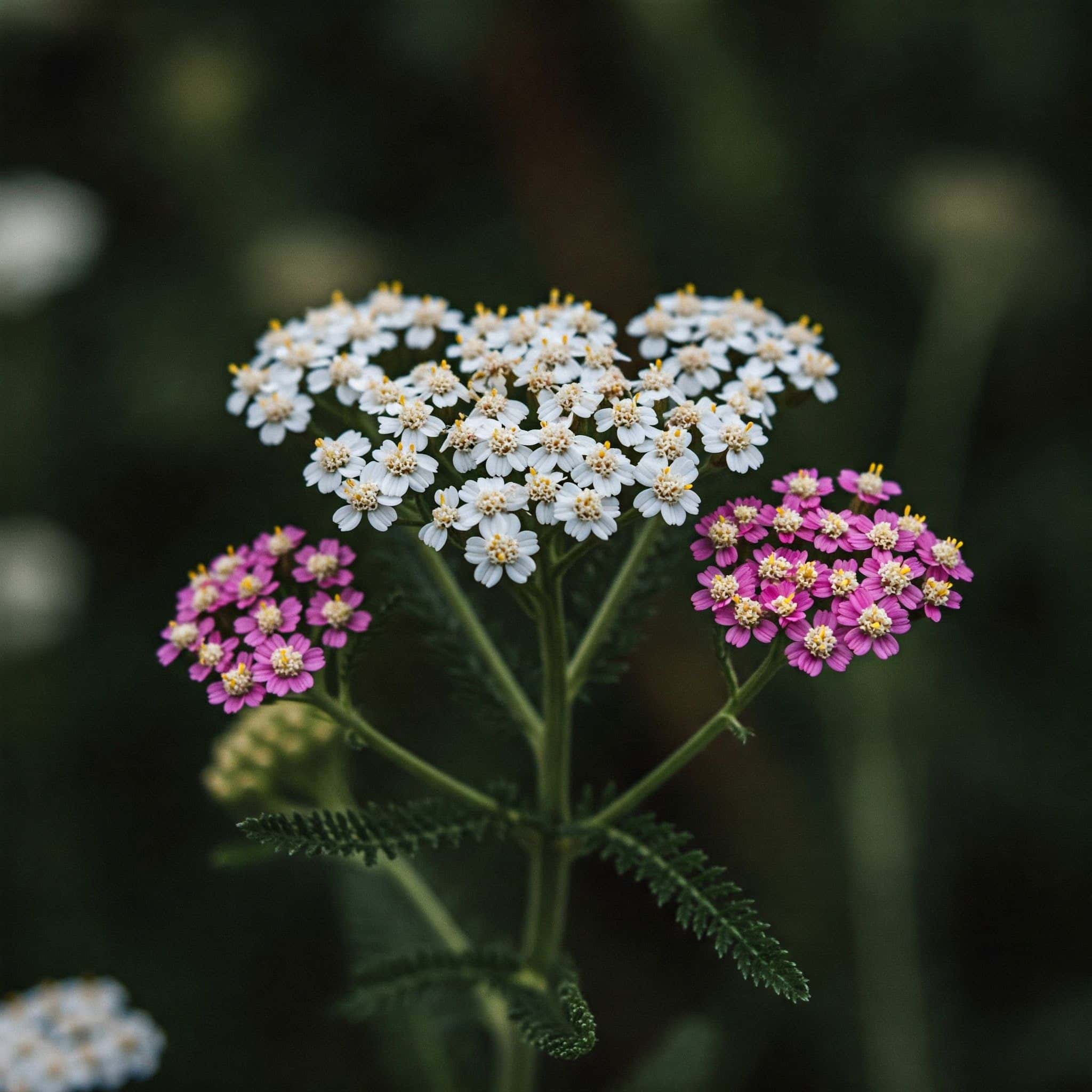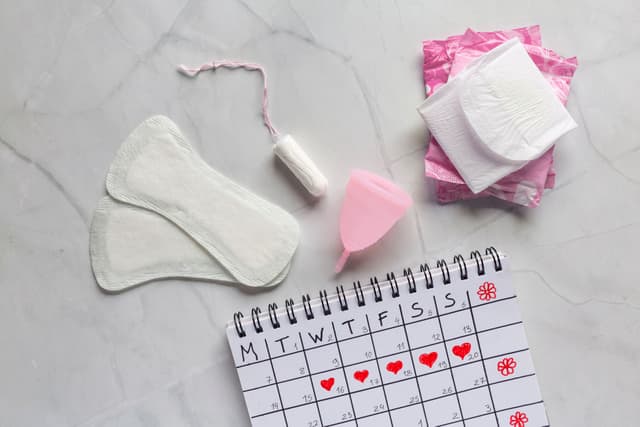Science-Backed Rituals for Hormonal Balance, Sleep and Mood. Free Shipping.



Herb
Common Name
Valerian,
Garden Heliotrope,
All-heal
Family
Caprifoliaceae
Parts Used
Root and Rhizomes
Native To
Native to Europe and Asia, Valerian is also cultivated in North America. It grows in damp, grassy habitats.
Historical and Traditional Uses:
- Ancient Greece and Rome: Used as a sedative and to relieve insomnia.
- Medieval Medicine: Prescribed for epilepsy, anxiety, and headaches.
- Traditional Medicine: Widely used for sleep disorders, nervousness, and muscle spasms.
Chemical Composition:
- Valerenic Acids: Key compounds responsible for sedative effects.
- Iridoids: Valepotriates (e.g., isovaltrate) with anxiolytic properties.
- Sesquiterpenes: Acetoxyvalerenic acid.
- Flavonoids: Linarin, hesperidin.**
- Essential Oils:** Bornyl acetate, valerenal.
- Alkaloids: Chatinine, valerine.
Pharmacological Properties:
- Sedative: Enhances GABA activity in the brain, promoting relaxation and sleep.
- Anxiolytic: Reduces anxiety and nervous tension.
- Antispasmodic: Relieves muscle cramps and spasms.
- Neuroprotective: Protects brain cells from oxidative stress.
- Adaptogenic: Supports stress resilience.
Evidence-Based Uses and Benefits:
1. Improves Sleep Quality:
- Effect: Reduces the time taken to fall asleep and improves sleep quality.
- Key Study: A meta-analysis by Bent et al., 2006 supports Valerian's efficacy in managing insomnia.
2. Reduces Anxiety and Stress:
- Mechanism: Enhances the calming effect of GABA neurotransmitters.
- Study Reference: Research highlights its role in reducing symptoms of generalized anxiety disorder (GAD).
3. Relieves Menstrual Cramps:
- Effect: Acts as an antispasmodic to reduce uterine contractions.
- Supporting Study: Valerian demonstrated significant relief for dysmenorrhea in clinical trials.
4. Supports Restless Leg Syndrome:
- Use: Improves symptoms and sleep quality in individuals with RLS.
- Evidence: Studies indicate decreased muscle cramps and better sleep outcomes.
5. Neuroprotection:
- Effect: Reduces oxidative stress and may enhance cognitive health.
- Research Insight: Preclinical studies show promising results in neuroprotection.
Counter-Indications:
- Pregnancy and breastfeeding (insufficient safety data).
- Liver conditions (rare cases of liver toxicity).
- Children under 12 years (unless supervised by a healthcare provider).
Side Effects:
- Mild gastrointestinal discomfort (e.g., nausea, diarrhea).
- Drowsiness or dizziness.
- Rare cases of headache or irritability with long-term use.
Drug Interactions:
- Sedatives and CNS Depressants: May enhance the effects of benzodiazepines or barbiturates.
- Alcohol: Potentiates sedative effects, increasing drowsiness.
- Herbs: Avoid combining with other sedative herbs (e.g., kava, passionflower) without professional advice.
Research and White Papers with Links:
Conclusion:
Valerian root extract (Valeriana officinalis) is a widely recognized herbal remedy for sleep disorders, anxiety, and stress. It's sedative and antispasmodic properties are well-supported by traditional use and modern research. However, it should be used cautiously with sedatives and in individuals with liver conditions.
Tips, Updates & Stories
We respect your privacy. No spam, only wellness.
Tips, Updates & Stories
We respect your privacy. No spam, only wellness.
© 2025 Terrapy. All Rights Reserved.

